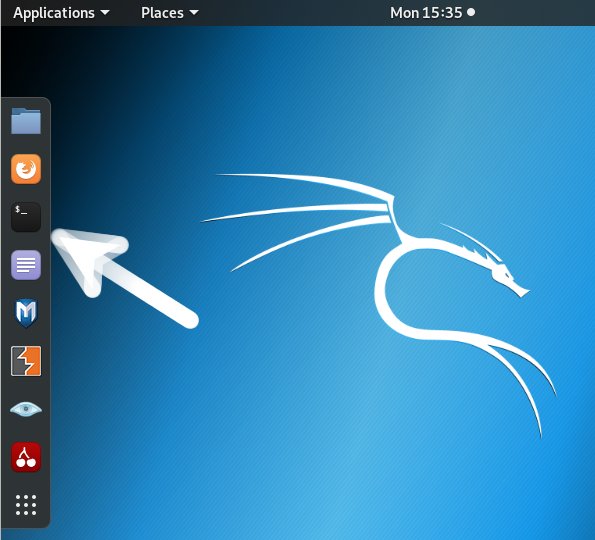Enabling PHP APC for Apache on Kali Linux
Hi! The Tutorial shows you Step-by-Step How to Install and Enable the Latest PHP Pecl APC Extension for the Apache Web Server on Kali 1.x/2.x/2016/2017/2018/2019/2020 GNU+Linux i386/amd64 GNOME Desktop.
The Best Way to Install the APC Module is to Provide Directly to Download, Compile and Install from Source the Latest Pecl APC Release.
To the Article Top there is a Link to Guide on How to Enable the Needed PECL Command for Kali.
The Alternative PHP Cache (APC) is a free and open opcode cache for PHP. Its goal is to provide a free, open, and robust framework for caching and optimizing PHP intermediate code.
APC is a framework that caches the output of the PHP bytecode compiler in shared memory, thus Reducing Parsing and Disk I/O overhead for later requests; and a shared memory cache for user data.


